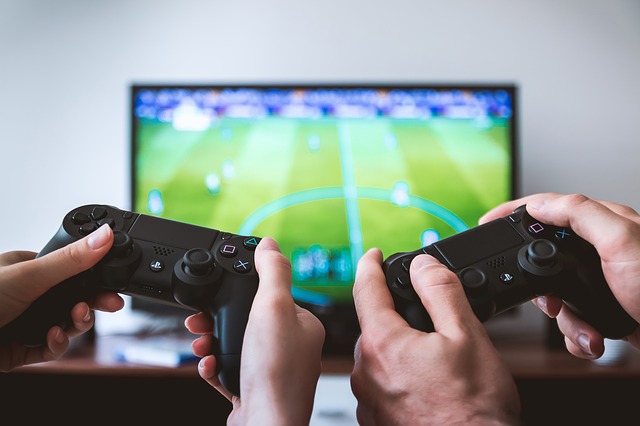
Many people of all ages enjoy gaming; for some, it’s a form of entertainment, while for others, it’s a livelihood. The psychology of gaming and its growing relevance in today’s digital era has become a hot topic. This article aims to delve into the psychological aspects of gaming and explore the various benefits it offers. So if you are a professional, die-hard gamer, or even a novice, keep reading to learn the role psychology has on your gaming activity and what benefits it provides.
The Appeal of Gaming:
Don’t let anyone tell you differently; gaming is for all ages and should be for all ages for years to come. Players should never feel ashamed to admit they are gamers, irrespective of age. Video games are captivating for people of all ages and backgrounds because they provide hours of entertainment, action, and adventure. The appeal of gaming lies in the features of video games and the elements that make gaming highly engaging, including immersive storytelling, interactive gameplay, rewarding progression systems and high-quality graphics. Another benefit of gaming is escapism, which allows players to divert their minds and thoughts into the gaming world and provide a temporary escape from real-world pressures and activities.
Cognitive Benefits of Gaming:
The positive impact of gaming on cognitive functions has been widely documented over the years, and benefits include:
- Improved problem-solving skills.
- Enhanced memory retention.
- Increased mental agility.
- Improved visual contrast sensitivity.
- Improved spatial attention.
- Reduced impulsiveness.
- Improvement in multitasking.
- Quick decision-making.
Strategic thinking and decision-making in gaming apply to most video games and genres. It is easily translated into real-life scenarios, especially those involving your day-to-day job, as you can multitask, make quick, informed and accurate decisions on projects and analyse trends and statistics.
One theory of gaming and its negativity is on young kids. Many people associate video games with impeding a child’s growth, especially with their mental well-being. A recent study in 2022 which was published in the journal JAMA Network Open, researched nearly 2000 kids aged between 9 and 10 and found that kids who played video games for 3+ hours a day did better on tasks associated with memory and impulse control than kids who didn’t play video games. The kid gamers also produced higher activity levels in parts of the brain associated with working memory and attention.
Social and Emotional Benefits:
Another reason gaming is so popular is the social aspect of gaming and its ability to foster connections and friendships among players. Online gaming, which includes online casinos, allows players to chat and interact with other players and form friendships. Many of these friendships have evolved from the online world, and some gamers have become real-life friends and confidants. The multiplayer gaming genre has been the biggest aid towards social interaction, and these games promote teamwork, cooperation and communication skills. Gaming also provides various emotional benefits to players, including stress reduction, mood elevation, and sense of accomplishment and purpose.
Gaming and Well-being:
Gaming is also a tool for therapy and rehabilitation for players with certain pain and mental trauma such as depression, PTSD and ADHD. The therapeutic effect of gaming can promote mental well-being by reducing stress and anxiety.
Have you ever heard of sports players mentioning that when they are on the field, they enter the zone, and block out all outside noises? Well, video gamers can also achieve this through a concept known as flow state gaming. Flow state gaming is a highly immersive and focused state of mind that facilitates gamers’ state of deep focus, immersion and enjoyment when playing video games. With flow state, video gamers can focus solely on the video game and its features, with the ultimate aim of progressing and winning.
Addressing Concerns and Moderation:
We must acknowledge that with the benefits of gaming, there are potential negative effects of excessive gaming, such as addiction and social isolation. Therefore, gamers must practice responsible gaming habits, including settling limits and finding a healthy balance between gaming and other activities. Some practical tips for maintaining a positive gaming experience and promoting overall well-being include:
- Eating a balanced diet.
- Aim to have 8-9 hours of sleep at night.
- Exercise daily.
- Take breaks while gaming.
- Hydrate yourself while playing.
- Go outside and enjoy other activities.
This article discussed gaming and psychology, and explored the various benefits it offers, including the appeal of gaming, the cognitive benefits, and social and emotional benefits. We also addressed the importance of gaming and well-being while also addressing the concerns and moderation of gaming. There should be a balanced approach to gaming, which means playing games for a set timeframe while also enjoying other activities, such as playing outside and interacting with family and friends. Now that you have learnt about the role of psychology in gaming, the next time you load a video game, take some time to appreciate the psychological benefits you are experiencing and its positive effects on your life while playing.













